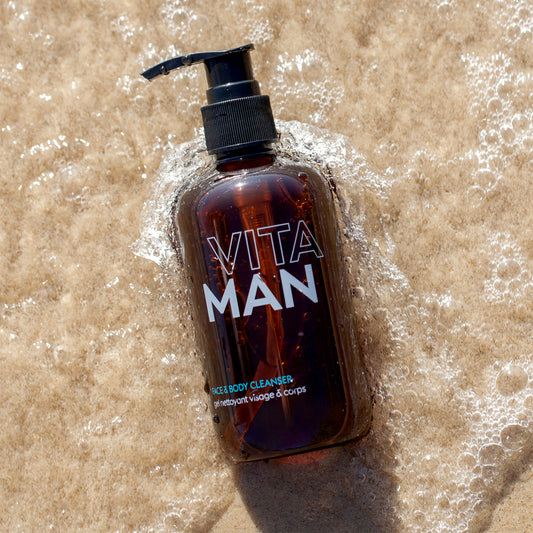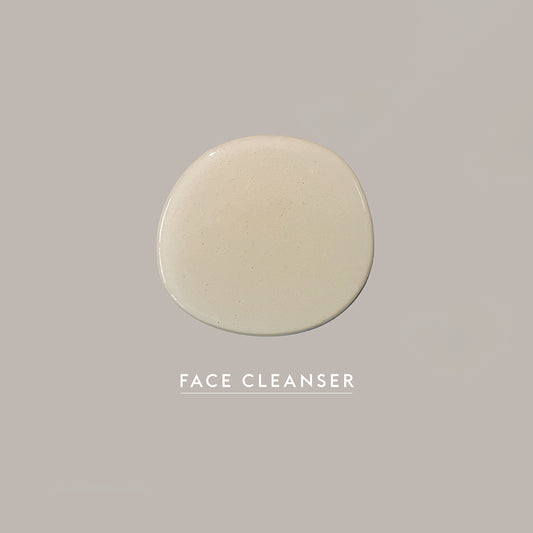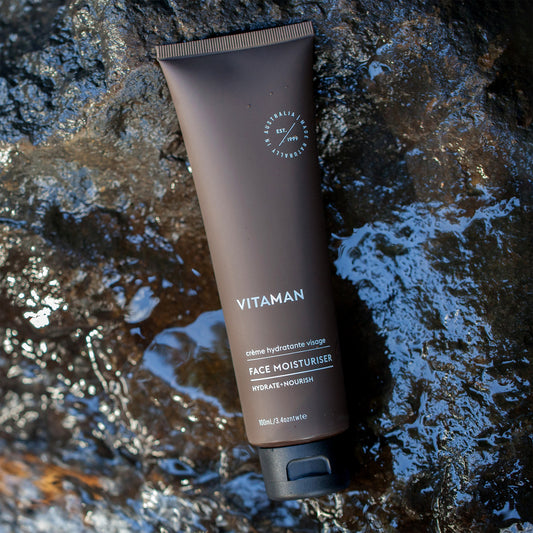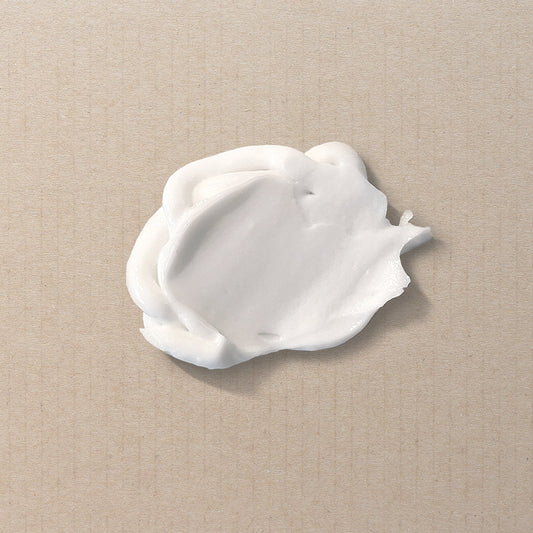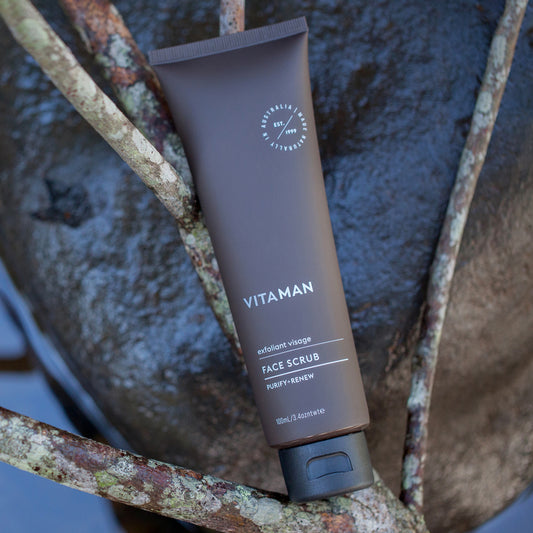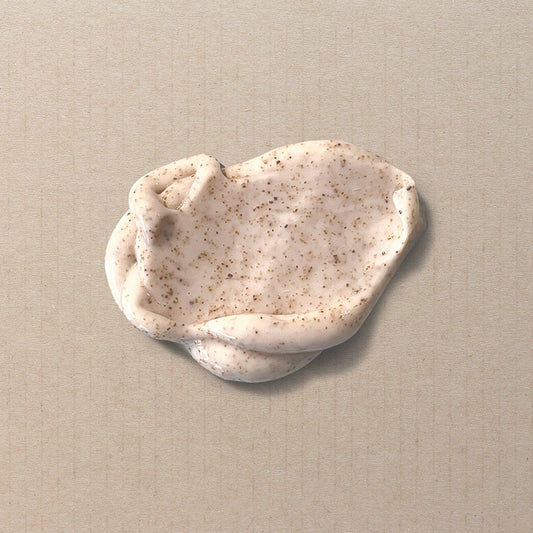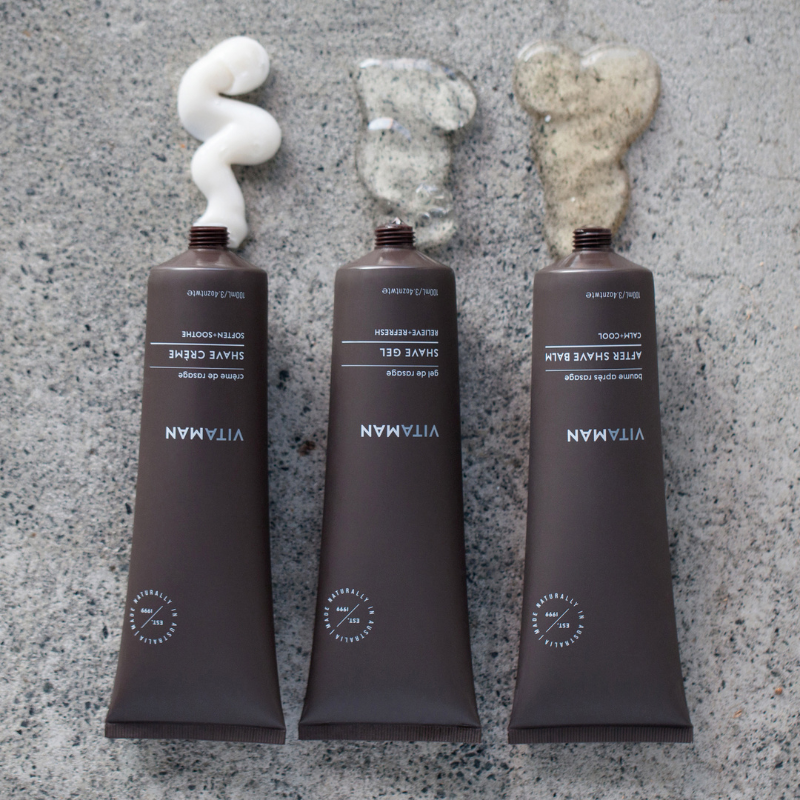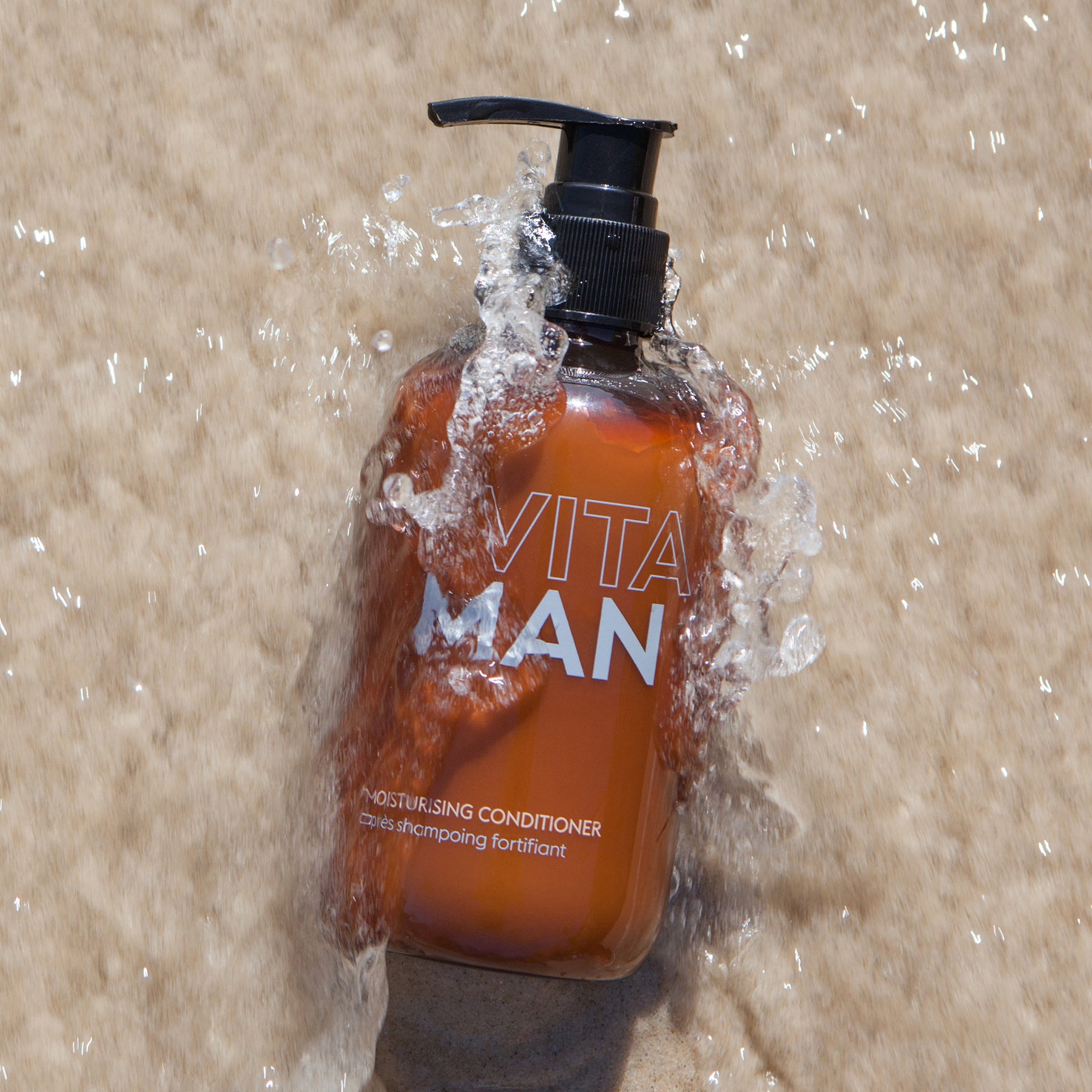There's a lot to be said about hair. When your hair looks good, you feel on top of the world. You walk a foot taller… confident enough to take on the day, to ask for her number, and to close the deal.
While we can all joke about having a bad hair day, the way that hair affects us is no laughing matter. First impressions count, and bad hair can impact the way others see you - from your mates to your boss.
Dry, oily, or greasy hair is no one's idea of a good time. Add to that an itchy, flaky scalp, and it's enough to have you reaching for the clippers.
The good news is that you can easily treat oily hair. The bad news is that what you're currently doing is probably making it worse. Read on to discover how to treat oily, greasy hair fast!

What causes oily hair?
Let's get down to basics: Our scalps are connected to glands. And our glands are connected to hormones. What's a hormone, we hear you ask? It's a chemical that primarily releases what we take into our bodies (just like the old saying: "You are what you eat"). In order to properly treat oily hair, you need to know what causes it:
- Eating fatty food increases the availability of oils to be produced, although the major culprit is the sebaceous gland found at the base of the hair follicles.
- Too much stimulation from touch or environmental conditions, and you're inviting the waxy/oily sebum onto your scalp and hair.
- Believe it or not, washing your hair causes additional oil. The more that you wash, the more likely you'll be on the receiving end of this chemical release.
- Touching and combing your hair gives a similar response from the body by stimulating the scalp and encouraging further oils.
- Combing and touching also help spread natural oils from the base of your hair across its entire surface.
Best natural ingredients for oily hair
Tea Tree is a widely recognized oil for conditioning and healing, although manufacturers often add minimal amounts to their products. That's why you should always check the main ingredients in any product you choose.
Alongside Tea Tree, other essential oils that can help treat oily hair:
- Lime (protects skin against infection)
- Sweet Orange Peel (antiseptic and anti-inflammatory properties - perfect for your skin and hair routine)
- Coconut (reduces inflammation and moisturizes your skin)
- Argan (prevents dry scalp due to its Vitamin E)
- Quandong (high in Vitamin C - perfect for treating dry, sore, and itchy skin)
- Blue Cyprus (soothes the skin with antibacterial properties)
- Patchouli (masculine aroma; it also tones and tightens the skin and helps with skin irritation)
- Ylang Ylang Flower (prevents excessive dryness and oiliness - perfect for soothing irritation and strengthening the skin)
How to prevent oily hair?
The best way to prevent oily hair is to reduce the activation of the sebaceous gland. And this is done by lowering the stimulation from contact or temperature (extreme heat).
The foods we eat can also have a massive impact on the availability of sebum.
- Drink lots of water. Like, LOTS of water (at least eight cups a day). This helps to dilute everything you take in your body.
- Eat foods that are rich in nutrients but low in fat.
- Avoid fatty foods with saturated and unsaturated fats (unfortunately, this rules out KFC).
- Limit dairy products, due to high hormone levels, which influence the amount of sebum produced and released.
- Sugar also has a link to higher hormone releases, as insulin encourages oil production.
Increased sebum production is often the sign of unbalanced hormones. While it's easy to make minor adjustments to your diet, it's also worth paying a visit to your GP to have hormone levels checked and balanced.
Like many things in life, stress can also play a role. By lowering your stress, you are likely to see oily hair improve. So, next time you're sweating greasy hair, try not to stress (we get it, easier said than done ).
Preventing oily hair can even be as simple as regularly changing your pillowcase. By doing this every so often, you'll be avoiding the reintroduction of oils that you left the night before.
Best "off-the-shelf" option for oily hair
Diet and lifestyle factors aside, the best treatment for oily hair is to be aware of what you're putting in it. You should avoid some products (the ones with cheap and nasty ingredients) at all costs.
These products often contain high amounts of preservatives (formaldehyde and parabens), and synthetic dyes for fragrance and color. Generally, if the ingredient is difficult to pronounce, it's probably no good for your hair!
It doesn't matter if you're washing, conditioning, or styling - your hair and scalp are vulnerable to harsh environments and chemicals. While you should look for products marketed as "All Natural":
- Be aware of manufacturing tricks that imply the entire product is all-natural but only contains a few ingredients… enough to satisfy regulators.
- Investigate for yourself what's in the product. Become familiar with the ingredients, and don't be afraid to do a search if something is unknown.
- Find a company you trust; a company that values its product reputation more than mass-market appeal.
Best products for oily hair
We've said it once, but it's worth saying again - always go for products made with natural ingredients! Unfortunately, the chemicals and artificial fragrances found in many cheaper products will only strip your hair and scalp of its natural oils.
This results in your body producing more sebum to overcompensate - and you guessed it - even more oil!
If you're looking for a natural, effective treatment for oily hair, you should check out our treatment for oily hair.
If oily hair keeps you up at night, then this kit is made for you. In three easy steps, you can banish the oil, calm your scalp, and conquer the itch for good.





